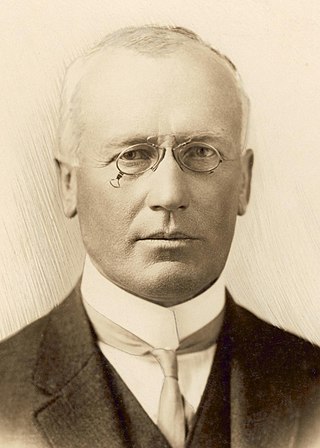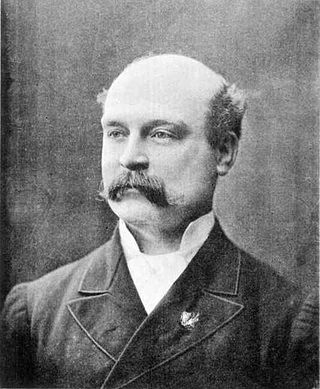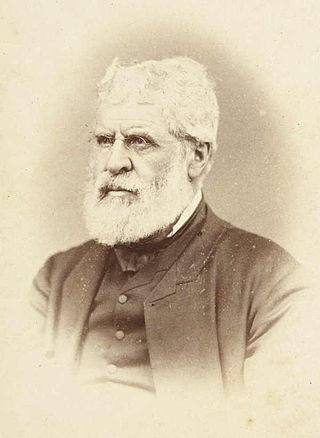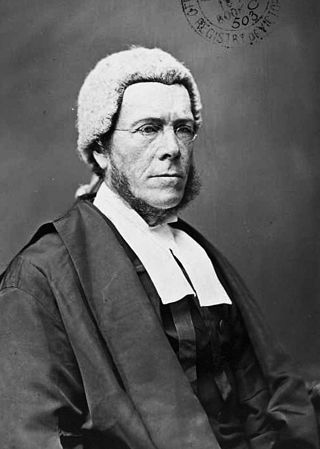Legal career
On 3 May 1926, Barry was admitted to the Victorian Bar, and began his practice as a barrister. During his time as a barrister, he was known for a jury practice and later, an appellate and High Court practice. After watching a murder trial, in which the accused was convicted and hanged, Barry became opposed to the use of the death penalty. In Mosman, Sydney, on 16 August 1930, Barry married Ethel May Pryor. A foundation vice-president of the Australian Council for Civil Liberties from 1935, Barry became the foundation secretary of the Medico-Legal Society of Victoria. [1]
In 1939, Barry joined the Australian Labor Party and ran, unsuccessfully, for the federal seat of Balaclava in the electoral year of 1943. However, he later became a member of the Victorian central executive in 1945–47, as well as becoming a member of the Overseas Telecommunications Commission in 1946–47. He was also elected chairman of the ethics committee of the Australian Journalists' Association, after becoming a member in 1943. Appointed as a King's Counsel (now known as the Senior Counsel) in 1942, Barry assisted Sir Charles Lowe in the inquiry into the Darwin air raids. Representing the politician, Eddie Ward in a royal commission into the Brisbane Line, Barry was appointed commissioner to investigate the suspension of government in Papua New Guinea. [1]

Sir Redmond Barry, was an Irish-born judge in the Australian colony of Victoria. A major figure in the early civic life of Melbourne, Barry was instrumental in founding several key institutions in the city, including the University of Melbourne and State Library Victoria, outside of which a statue of him stands. He is also well known for presiding over the trial of the Eureka rebels, as well as having sentenced the bushranger and outlaw Ned Kelly to death.

Trinity College is the oldest residential college of the University of Melbourne, the first university in the colony of Victoria, Australia. The college was opened in 1872 on a site granted to the Church of England by the government of Victoria. In addition to its resident community of 380 students, mostly attending the University of Melbourne, Trinity's programs includes the Trinity College Theological School, an Anglican training college which is a constituent college of the University of Divinity; and the Pathways School which runs Trinity College Foundation Studies and prepares international students for admission to the University of Melbourne and other Australian tertiary institutions, as well as summer and winter schools for young leaders and other short courses.

Sir William Hill Irvine was an Australian politician and judge. He served as Premier of Victoria (1902–1904), Attorney-General of Australia (1913–1914), and Chief Justice of Victoria (1918–1935).

Sir Frank Gavan DuffyKCMG PC KC was an Australian judge who served as the fourth Chief Justice of Australia, in office from 1931 to 1935. His total service on the High Court of Australia was from 1913 to 1935. Prior to his judicial career, he was one of Victoria's most prominent barristers.

Sir William à Beckett was a British barrister and the first Chief Justice of the Supreme Court of Victoria.

Sir Hayden Erskine Starke KCMG was an Australian judge who served on the High Court of Australia from 1920 to 1950. He was a prominent Melbourne barrister before his appointment to the court.
Sir Keith Arthur Aickin was an Australian judge who served on the High Court of Australia from 1976 until his death in 1982. He had previously been a prominent barrister.
Sir Wilfred Kelsham Fullagar, KBE, QC was an Australian judge who served on the High Court of Australia from 1950 until his death in 1961. He had earlier served on the Supreme Court of Victoria from 1945 to 1950, and had previously been considered one of Melbourne's leading barristers.
Sir Douglas Ian Menzies KBE was an Australian judge, serving as a Justice of the High Court of Australia. He was also Chancellor of Monash University from 1968 until his death in 1974.
Clifford Inch Menhennitt was an Australian jurist. He served as a Justice of the Supreme Court of Victoria from 1966 to 1979. While largely unknown today, Menhennitt was responsible for delivering the landmark 1969 Menhennitt ruling, which was the first legal precedent with regard to abortion law in Australia.

Sir John Madden, was an Australian judge and politician who was the fourth and longest-serving Chief Justice of Victoria, in office from 1893 until his death. He was acting governor on a number of occasions.
Sir Leo Finn Bernard Cussen, Australian jurist, was a Judge of the Supreme Court of Victoria. Cussen died at his home in Melbourne on 17 May, 1933.

Henry Samuel Chapman was an Australian and New Zealand judge, colonial secretary, attorney-general, journalist and politician.
Sir Frederick Wollaston Mann KCMG was the chief justice of the Australian state of Victoria between 1 October 1935 and 31 January 1944. He was also Victoria’s lieutenant governor between 12 May 1936 and May 1945. Mann was nicknamed the “Little Gentleman” because of his height and he was unfailingly courteous. He had a reputation of being a careful judge delivering decisions of precision and clarity. In 1935, he became the first Australian born person to become chief justice of Victoria.

Robert Williams Pohlman was an English-born Australian lawyer and judge.
John Digby is an Australian lawyer and a judge in the Supreme Court of Victoria, in the Australian state of Victoria.
Sir William Jeffcott was an Anglo-Irish barrister, a judge of the Supreme Court of New South Wales for the District of Port Phillip and Recorder of Prince of Wales Island, Malacca and Singapore.

Sir Henry Edward Agincourt Hodges was senior puisne judge of the Supreme Court of Victoria, Australia.
This page is based on this
Wikipedia article Text is available under the
CC BY-SA 4.0 license; additional terms may apply.
Images, videos and audio are available under their respective licenses.










